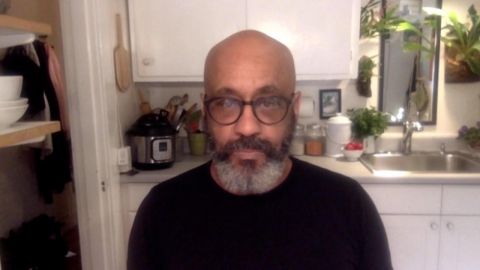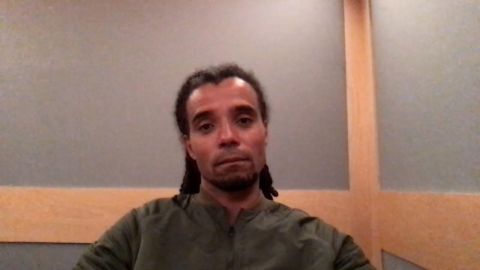Read Transcript EXPAND
CHRISTIANE AMANPOUR: How do you think we can break that down? Or does it still resonate with the people who Shakespeare was trying to reach, which were not the elites?
AKALA, AUTHOR, “THE DARK LADY” AND “NATIVES”: Probably not as much. I mean, obviously, he had his relationship with the elite and had patronage of monarchs and so on and so forth. But the theater was a unique institution at that time, because it was probably the only place that rich and poor interacted. And what’s really happened in a way, in my view, is a sort of post Victorian cultural co-optation, where the Elizabethan theater even received pronunciations of what most people think of as the Queen’s English or proper English, is an invention that comes 150, 200 years after Shakespeare died. So, Shakespeare didn’t speak proper English. He invented thousands of words, so on and so forth. But I think, touching on both the books I have written, “The Dark Lady” and “Natives,” really are rooted in the idea of class in Britain, and the way in which Britain is still to this day a class-obsessed society, and it has roots in this era and in the Industrial Revolution, and in hereditary aristocracy, and so on and so forth. And I think the way in which the theater has become this sort of sanitized, quiet place is representative of that. In its actual time, the theater was more like a cross between a sort of modern rock concert and a rap show. And, actually, people would say stuff like, I’m going to hear a play, which is where the word audience comes from, because they were very conscious about the fact that it was very much about the wordplay and not about acting in a modern sense.
About This Episode EXPAND
The first case of AIDS was reported 40 years ago this month. Since then, millions of people all over the world have lost their lives to the virus.
LEARN MORE


